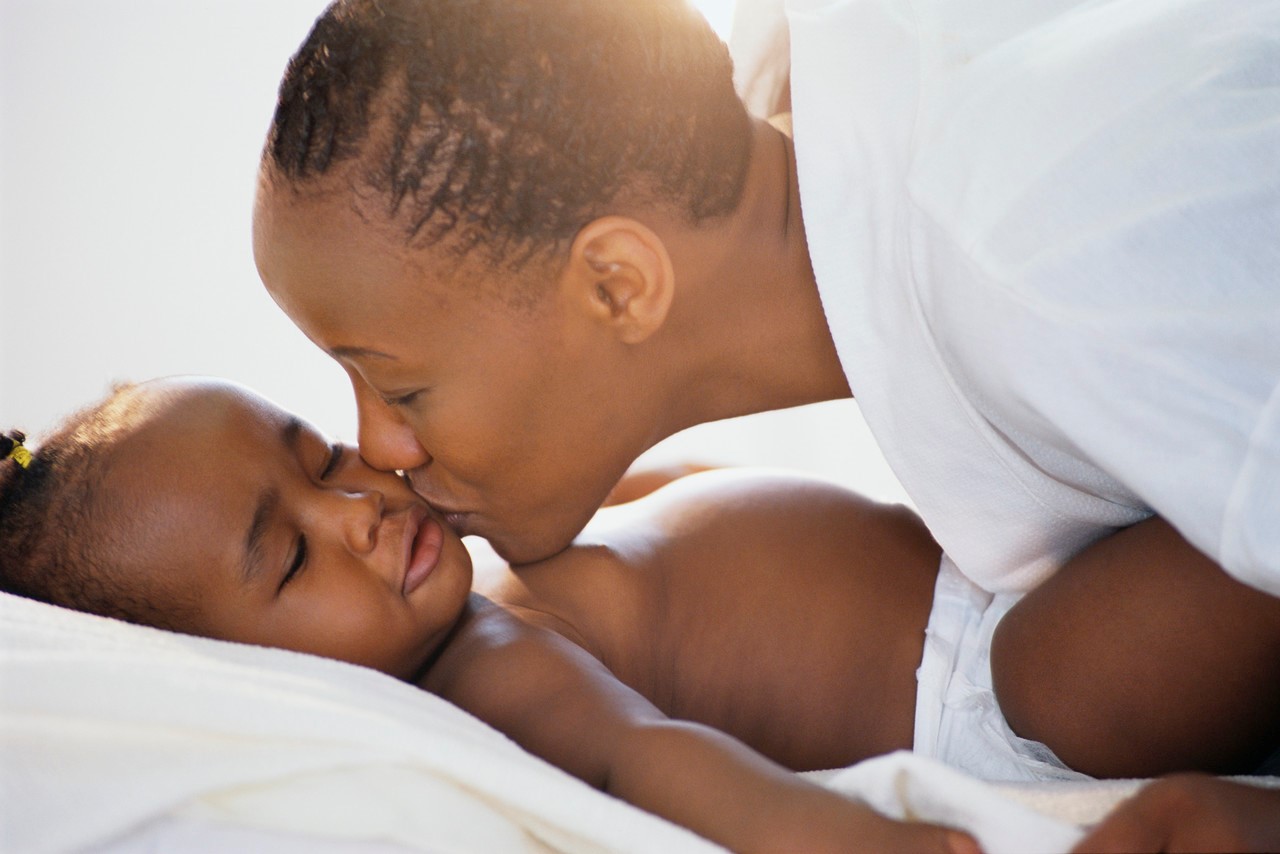Some of the most frequent questions I am asked in my sleep practice and online involve children and sleep. Here are six of the most common questions, and my answers. I hope you find this helpful.
1. When will my baby sleep through the night?
During the first few months, the circadian rhythm has not been established. Therefore, sleep can occur just as easily during the day or night. The newborn usually sleeps 16 to 18 hours and rarely longer than 2 1/2 to 4 hours at a time. By nine months, most babies will have established a pattern where they sleep more at night than during the day, usually for periods of 6 to 8 hours. However, they will still be napping for long periods during the day. Typically, this consists of two naps, 2 to 4 hours in length.
2. My baby seems to grimace and twitch while asleep. Should I be concerned?
The answer is no. What you are observing is movement during REM (dream) sleep such as smiling, grimacing, sucking motions, and movements of limbs. It is not until about the age of six months that babies lose the ability to move during dream sleep. This paralysis during dream sleep will last for the rest of their lives.
3. What about my toddler (1 to 3 years old)? How much sleep and how many naps are normal?
Total sleep time in toddlers is about 12 to 13 hours. One nap at midday is normal. However, the naps become shorter, lasting one to two hours. The morning nap is usually the first to go. The decreased naptime usually results in increased sleep time at night, hour for hour.
4. Why does my baby seem to wake up so often at night even though he usually goes back to sleep in a few minutes? Is there something wrong?
No, in infants and young children periods of semi wakefulness during the night are normal. These short periods of wakefulness, called night wakings, occur from five to seven times per night. They come about as infants and young children pass from one sleep stage to the next.
5. What do you think of co-sleeping?
It is a controversial topic. In many cultures, it is commonplace and accepted. The fact is that the incidence of SIDS in babies younger than three months who co-sleep is five times higher than non co-sleepers. However, several co-sleeper products are available which attach to the bed but inhibit the parent from rolling over onto the infant. I strongly recommend these.
6. My baby bangs his head against the pillow as he falls asleep and sometimes as he awakens. Should I be concerned? Is this some type of epilepsy?
No, it is head banging. This and body rocking are referred to as rhythmic movements of sleep that are considered normal. It is seen in two thirds of nine-month-olds and declines to 10% by the age of four. It is usually of no concern. However, safety-proof the crib or bed, making sure there are no sharp objects to contact the head. In addition, do not reinforce the behavior by coming into the bedroom and turning it into an attention-grabber.
There are many more questions about sleep in children and some great books that have been written on the subject. The bottom line is to educate yourself and talk to your pediatrician if you have concerns.


